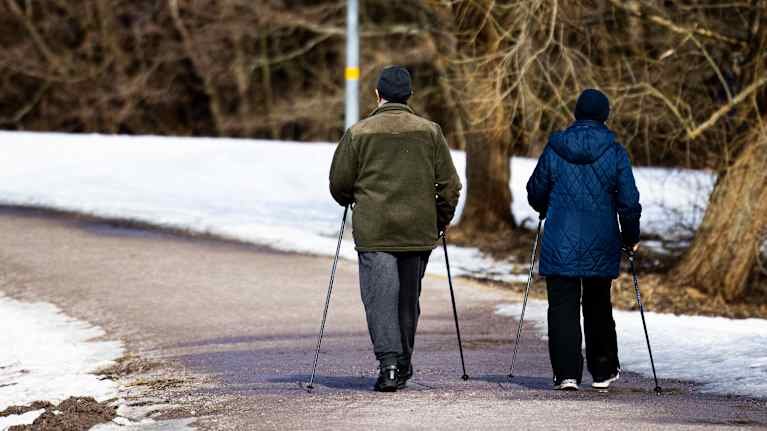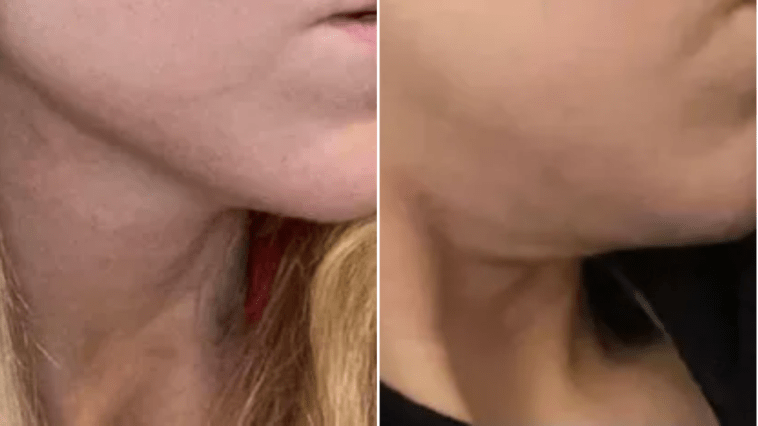From VOA Learning English, this is the Health & Lifestyle report.
At Myosin Marketing in Austin, Texas, the group employee meeting begins with an uncommon activity for a workplace. The members gather on Zoom and the head of the company, Sean Clayton, leads them through a deep-breathing exercise.
Clayton says the activity helps his employees relax and to be willing to take creative risks.
“At first they thought it was really weird,” he said, adding that most people turned off their cameras. But, after a couple of weeks, there was a change. The employees said the deep breathing felt good.
Studies show that deep breathing can be an effective way to reduce tension, or stress, at work. But people may not think about their breathing while on the job.
Workers who sit at computers for long periods tend to take shallow breaths as their shoulders slowly rise. Workers who spend the day on their feet in retail or health care may be too busy to center their attention on breathing.
But there is good reason to stop what you are doing and take deep breaths, research suggests.
Long-lasting stress can increase the risk of heart disease and stroke. Experts at the American Heart Association say it can be as harmful as secondhand smoke. Research suggests deep-breathing exercises can lower a person’s blood pressure and reduce anxiety.
There are many benefits to deep breathing. For starters, it is free. It can be done anywhere. And unlike a 30-minute meditation practice, most deep breathing exercises do not take much time.
Also, it gives you something to focus on – your breathing. Experts say that this can help to calm racing thoughts.
Focusing on breathing for one to five minutes can help you clear your mind and let you “get back to focusing on the one thing you want to accomplish,” said Glenn Levine. He is a heart and blood system doctor and professor at Baylor College of Medicine in Houston, Texas.
A good way to do deep breathing exercises is outside, Levine said. However, if that is not possible, doing them at a desk works.
“Instead of focusing on the screen or work, just focus on your breathing. If possible,” Levine said, “close your eyes.”
Even very busy people can find time for daily breathing exercises.
Lisa Marie Deleveaux is a marketing professional and mother of five. She lost her job several months ago and has struggled to find a new one. Deleveaux wakes early most mornings before her children, to do breathing exercises.
“If you set a priority for yourself … you can make the time,” Deleveaux said.
With one breathing exercise, she breaths in through one nostril and then out through the other. She uses a thumb or forefinger to hold one nostril closed at a time.
“It relaxes my mind. It makes my mind so full of ease. It brings you back to the present moment,” she added.
To get ahead of anxiety before starting her workday, sales representative Lindsay Carlisle of Michigan does breathing exercises with her seven-year-old daughter during their drive to school. They breathe in for seven counts, hold their breath for five, and then breathe out for seven counts. They repeat this several times.
“Throughout that process, my shoulders start to drop on their own, and it really is calming,” Carlisle said.
Suze Yalof Schwartz was an overworked magazine editor when her mother-in-law taught her a three-minute meditation method.
Yalof Schwartz says it changed her life. She left her career and founded Unplug Meditation, a Santa Monica, California, company with a meditation studio, an app, and programs for corporate customers.
“When we slow down our breath, we send a signal to our brain that everything’s OK, even when it’s not,” she said.
Another 16-second breathing exercise is called box breathing. You breathe in for four counts, hold for four, breathe out for four counts and hold for another four. Yalof Schwartz has taught it to people in stressful jobs including firefighters, police and doctors.
“It is the best thing that you can do at work before you have a meeting, before you send out an email that you wish you didn’t send, before you have a difficult conversation, because it just calms you down, gets rid of your negative energy,” she said.
Employers such as Coca-Cola, Mattel and Netflix have used Unplug Meditation to teach breathing or meditation.
It is not always easy for workers to find space for deep breathing exercises. For example, salespeople often work alongside their customers. Yalof Schwartz suggests doing breathing exercises when making a sale or organizing items.
Carlisle, the sales representative, sets a timer on her phone telling her to breathe deeply. She also keeps a note near her computer that simply says “Breathe.”
“The anxiety is always going to be there,” Carlisle said. “But at least I know I have one small tool. … It sounds so simple and silly, but it works.”
And that’s the Health & Lifestyle report.
I’m Anna Matteo. And I’m Mario Ritter, Jr.
Cathy Bussewitz reported this story for the Associated Press. Anna Matteo adapted it for VOA Learning English.
Quiz – Deep Breathing Can Reduce Stress, Anxiety

Start the Quiz to find out
________________________________________
Words in This Story
relax –v. to make less tense or rigid
weird –adj. of strange or extraordinary character
shallow –adj. having little depth
anxiety –n. fear or nervousness about what might happen
benefit –n. something that produces good or helpful results or effects or that promotes well-being
meditate –v. to spend time in quiet thinking and breathing : meditation –n. the act of meditating
focus –n. a center of activity, attraction, or attention
accomplish –v. to succeed in reaching (a stage in a progression)
priority –n. precedence in exercise of rights in the same subject matter
negative –adj. not positive or helpful
silly –adj. playfully lighthearted and amusing







